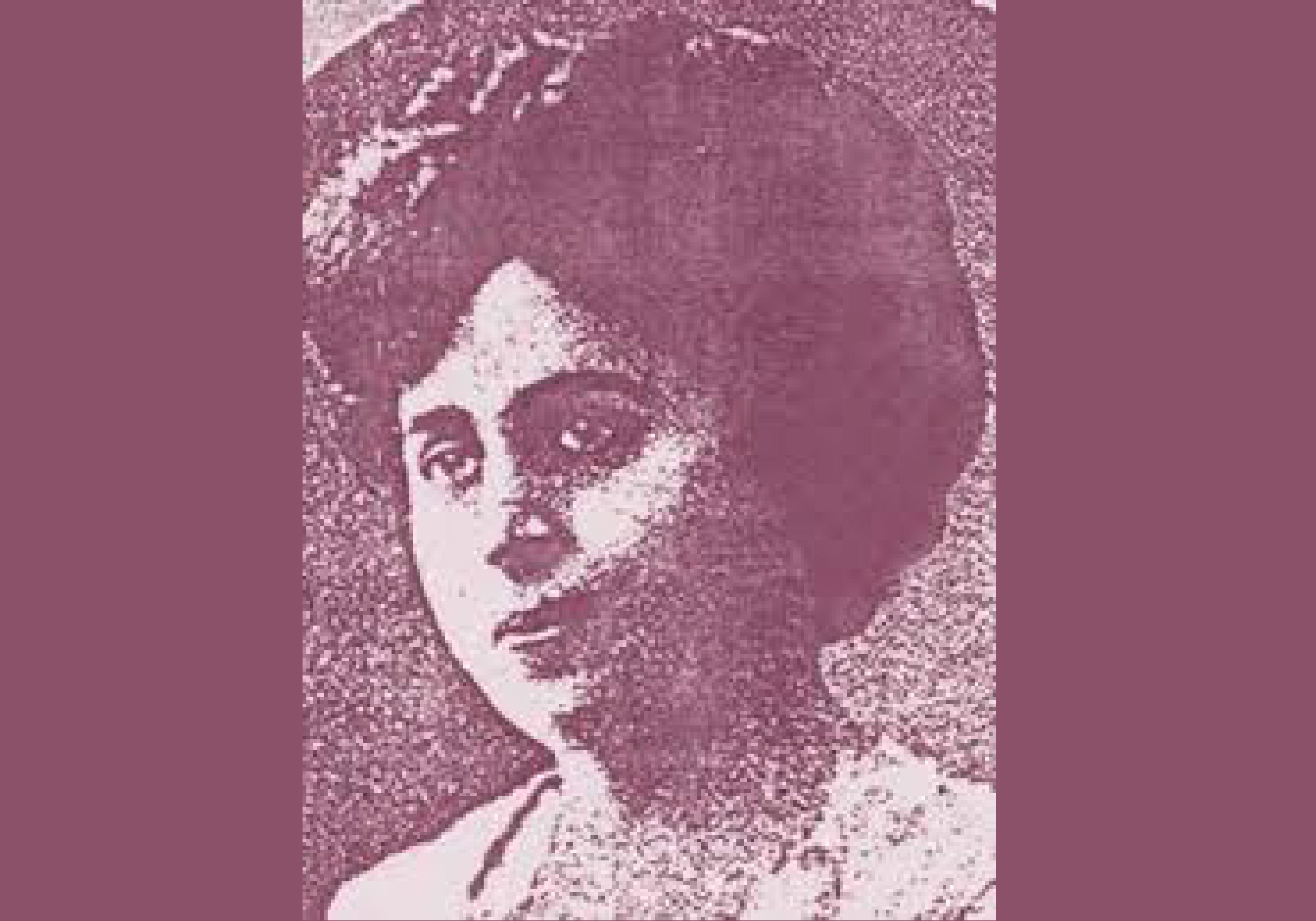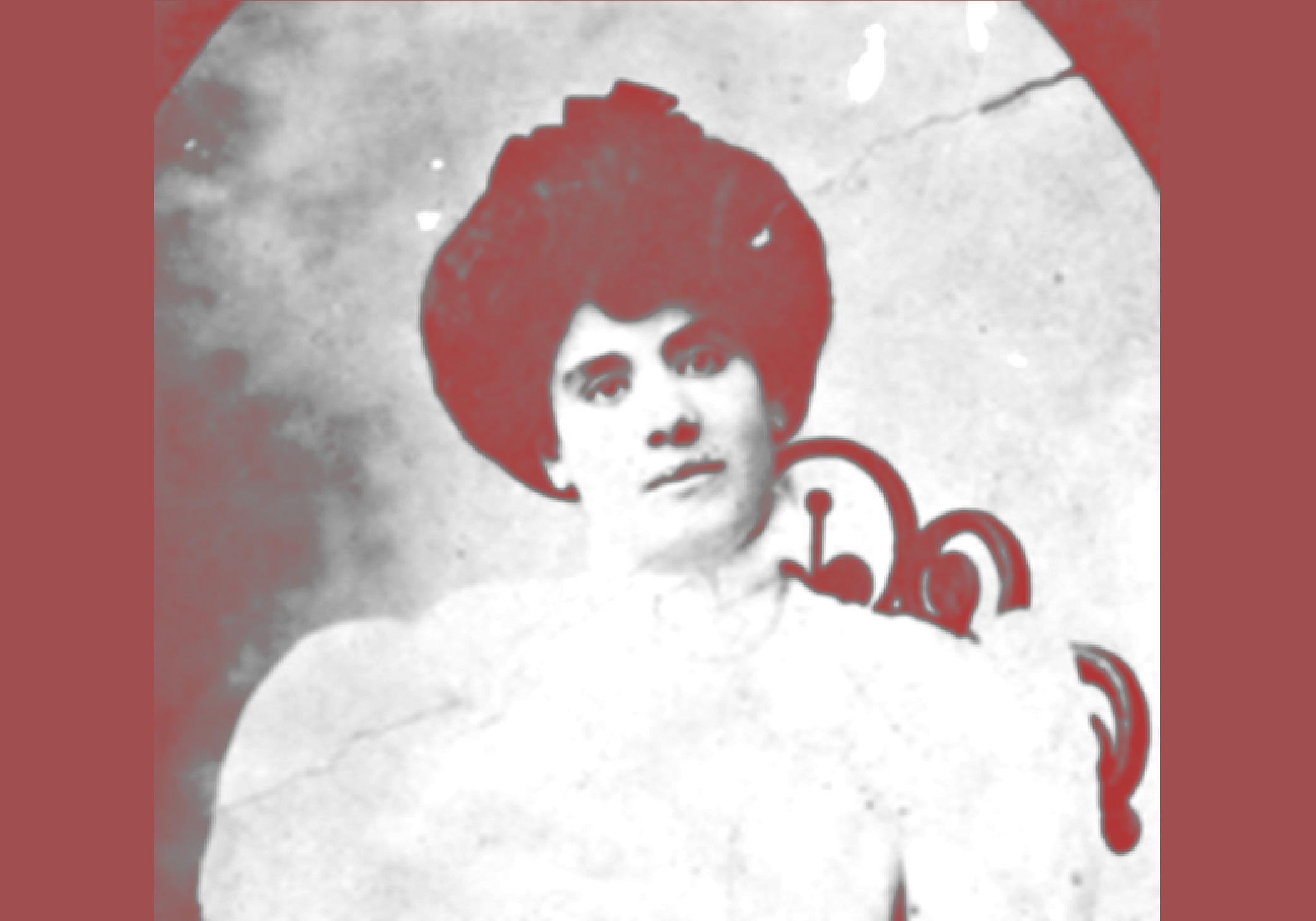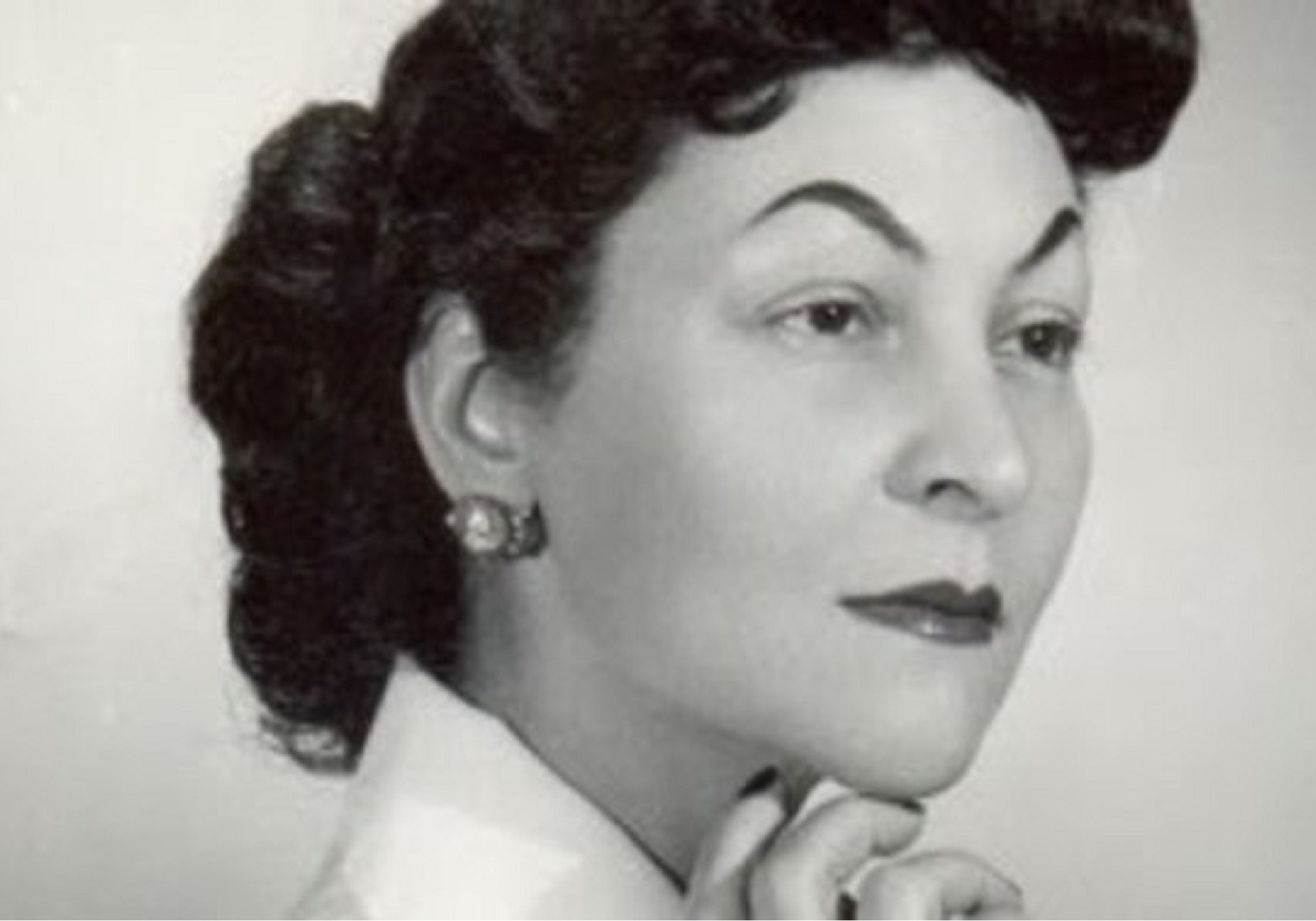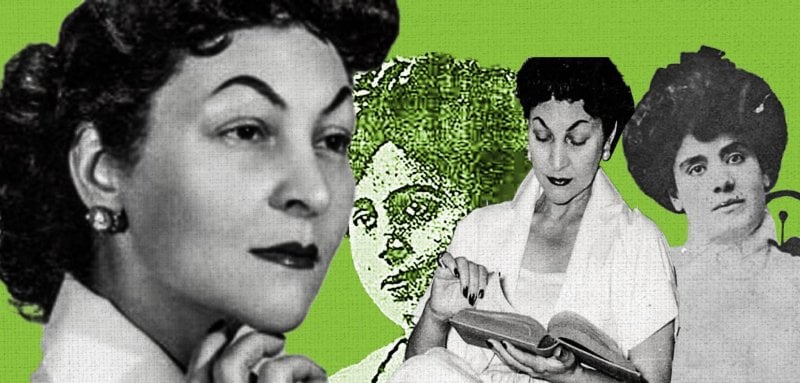When we delve into the records of modern Arab history, we find bright and shining pages written by the pens of women, whose journeys, movements and activities represented a pioneering intellectual revolution. The strongest revolutions are those that were based on knowledge and understanding, taking the path of reason to shape the destinies of Arab peoples with bullets of ink in their words. The battle for Arab women's intellectual empowerment was not easy; the road was arduous, and the toll of walking it was a heavy one. However, they did not hesitate to make numerous sacrifices, driven by their belief in the justice of their cause and the sincerity of their message.
Arab female journalists were at the forefront of the Arab intellectual revolution for women. Their writings carried a visionary outlook that preceded their time, rejecting the prevailing conditions and boldly challenging the cages of humiliation drawn by ignorance. Thus women's magazines were published to promote equality, freedom, and women's rights, and pioneering Arab women writers did not confine their writings to women's issues alone, since they also contributed to spreading political awareness among Arab women. These journalists were not only wielders of the pen but also actively engaged in political work, participating in demonstrations, and fearlessly confronting oppression and tyranny.
Hind Nawfal... The owner of the first bullet
In his book "A Bibliography of Women's Literature in the Modern Arab World", Joseph Zeidan narrates the early life of our protagonist in Beirut, Lebanon, in a Syrian family on the coast known for their knowledge and education. Hind Nawfal was born in 1860 and received education in both the Arabic and English languages at English schools for eight years. Her family later moved to Alexandria, Egypt, where she joined a nun's school and learned Arabic and French. She also studied under Sheikh Ahmed al-Iskandarani. This upbringing had a significant influence on Hind's character, as she became known for her eloquence, self-esteem, dignity, and intelligence. In her father's home, the writer and journalist Nasim Nawfal, she met many writers, poets, and intellectuals of the time, engaging in discussions with them, which greatly influenced her taste and appreciation of literature and poetry.
Arab female journalists were at the forefront of the Arab intellectual revolution for women. Their writings carried a visionary outlook that preceded their time, rejecting prevailing conditions and boldly challenging cages of humiliation drawn by ignorance
According to Dr. Ismail Ibrahim in his book "Revolutionary Journalists," Arab women at that time received little education. Families celebrated the birth of boys but lamented the birth of girls. Women suffered neglect behind the walls of their homes, as there was no awareness among parents about educating their daughters. The education of girls was seen as an act of the devil. But Hind possessed great determination, high aspirations, and progressive ideas. She believed that women must occupy their rightful place alongside men and enjoy their rights, especially in education, work, and culture.
Ismail Ibrahim points out, in the aforementioned book, that Hind recognized the importance of journalism and its role in developing awareness and awakening the nation. Therefore, she saw the best means to uplift Arab women and help them achieve their rights, is particularly through journalism directed at women. Therefore, she decided to publish a magazine that would be a platform through which she calls for freeing women from the bonds of ignorance. With the help of her father and uncle, on November 20, 1892, Hind launched the magazine "Al-Fatāh" (The Girl) to serve as the first women's magazine in the Arab world, becoming the mother and dean of Arab female journalists.

In her book "The Modern Feminist Movement.. The Story of Arab Women in Egypt," Dr. Ijlal Khalifa recounts that the literary and journalistic circles celebrated this new newspaper. Al-Muqtataf magazine considered it a precious gem among newspapers, while Al-Hilal magazine described it as the first Arabic newspaper established by an Eastern lady. Its first part combined the kindness of women and the activity of men. The head of journalists, Ismail Al-Khashab, described it as follows: "As for the content of this magazine, it was innovative under the Eastern sky, with its topics related to the fairer sex, avoiding political matters, adhering to its sole principle of defending the rights of oppressed women." The word "newspaper" continued to be used in the magazine's definition, and it was later replaced with the word "magazine" starting from its sixth edition.
The reform of women's conditions is a reform of the social structure and human race because women are the educators of generations. With this philosophical perspective, Rose Antoun Haddad saw her main goal as being one of the pioneers of women's journalism
In the opening of the first issue of her magazine, Hind explains the purpose for which she published her magazine and clarifies the direction it will take.
Nicola Youssef, in his book "Flags from Alexandria," quotes the opening of the first issue of "Al-Fatāh" under the title "Explanation, Permission, and Apology." In it, Hind writes: "Ladies, the Creator of the world and the master of beings created the elements and endowed them with characteristics of action, reaction, emotion, response, communication, and divergence, distinguishing each of them with different characteristics and incredible forms. Then He composed a great universe out of them."
In her aforementioned book, Ijlal Khalifa states that Hind defined her magazine in its opening as a "scientific, historical, literary, and humorous newspaper that will not delve into political matters and religious disputes. Instead, it will focus on everything related to women, defending their deprived rights and shedding attention on required duty."
According to Dr. Ismail Ibrahim, in his aforementioned book, "Al-Fatāh provided great services to the women's movement at that early time. It was a comprehensive women's collective that benefited the lives of women at the end of the last century and laid some foundations for the future of women after that. Hind's role in the women's movement as a pioneer of women's journalism in the country was significant and important. She also opened the doors of her magazine to women writers from Egypt and Arab countries, where they expressed their thoughts, dreams, and aspirations for the Fatāh (girl) of the future. Al-Fatāh continued until the beginning of 1894 when it stopped due to Hind getting married and becoming preoccupied in home and family matters."
Rose Haddad... Pioneering the call for Arab unity and warning against the Zionist danger
In reforming women's conditions, there is a reform of the social structure and human race because women are the educators of generations. With this philosophical perspective, Rose Antoun Haddad saw her main goal as being one of the pioneers of women's journalism. Ismail Ibrahim narrates in his aforementioned book the story of Rose, who was born in Tripoli, Lebanon, in 1882. She received her primary and high school education at the American School, then migrated to Egypt with her family. She worked as a teacher and later as a school principal, and her education had a great influence on her belief that the advancement and progress of women means the progress of the nation, society, and the human race.
She saw journalism as being similar to the school that performs the function of education. Her work in her brother's newspaper, Farah Antoun, prepared her to launch her own magazine. In April 1903, in the city of Alexandria, the first issue of "Al-Sayyidat wal-Banat" – or "Majallat-u- s-Sayyidat Wal-Banat" (The Magazine for Ladies and Young Girls) – was published. It was a women's, family, literary, and humorous magazine, and it continued to be published monthly until October 1906 when her brother traveled to America, as he was assisting her in publishing her magazine. Rose relied on European sources for editing her magazine, including authors from England and America. The magazine included regular sections such as "Famous Women," "Home, Kitchen, and Table," and "Paradise is under the Feet of Mothers".

Ijlal Khalifa, in her book "Women's Journalism in Egypt," mentions that Rose returned to journalism in November 1921 after changing the name of the magazine to "Al-Sayidat Wal-Rijal" (Ladies and Gentlemen). The editorial content of the magazine changed upon her return, focusing on women's political awareness. It published several articles by Syrian female writers about their opinions on the Arab women's awakening, and new sections were added, such as "Factors of Progress in the East."
In his book, Ismail Ibrahim quotes some of Rose's words in her magazine, defending women's rights, where she wrote: "We draw attention to a reality that has become clear as day, which is that the upcoming social system necessitates women's involvement in the workforce, just like men, because women seek equality with men in terms of freedom and independence, so their roles in the workplace must also be balanced."
Politically, Rose wrote about the role of parliament in Egypt and the development of parliamentary systems worldwide. Ismail Ibrahim further explains that through her magazine, Rose showed interest in addressing the problems of the Arab world. She was at the forefront of advocating Arab unity and conveyed what is going on in the minds of the Syrian people, especially regarding Turkish and then French rule. She called for Arab unity to achieve independence and strength to stand in the face of the ambitions of other countries. She also called for the preservation of the Arabic language and played a pioneering role in raising Arab awareness about the Palestinian cause and the Zionist threat to the Arab nation. "Al-Sayyidat" was the first women's magazine to advocate Arab unity to confront the evils of the European Union, highlighting the dangers of Zionist plans for the people of Palestine.
Doria Shafik... Journalism is not just a pen.
On December 14, 1908, Doria Shafik was born in the city of Tanta, Egypt. She completed her primary and secondary education at Notre Dame School, then joined the French Lycée in Alexandria to obtain her high school diploma. She later traveled to France on a scholarship from the Ministry of Education to continue her studies at the Sorbonne University, where she earned her doctoral degree.
According to Ismail Ibrahim, Doria Shafik had a close relationship with Princess Shivakiar, who appointed her as the editor-in-chief of "Al-Mar'a Al-Jadida" (The New Woman) magazine in 1945, before launching her own magazines, "Bint Al Nil" (Daughter of the Nile) and "Al-Katkout" magazine in 1946. In 1948, Doria founded the Bint Al Nil Union, a women's political party, as a step in the path of Egyptian and Arab women's struggle. Through the party, she advocated for amending the constitution and election law to allow women to exercise their right to vote and run for office. She also called for enabling women to contribute alongside men in defending the homeland by amending the conscription law. She demanded that women be appointed to all state positions and for absolute equality between women and men in rights and duties.
The party's program included demands to issue laws protecting mothers and children, expand the Bint Al Nil project to combat illiteracy among women over a period of five years, establish summer camps for female university students and girls' institutes, and issue legislation to protect female workers and farmers. When political parties were abolished in 1953, the party turned into a women's union.
In 1948, Doria founded the Bint Al Nil Union, a women's political party, as a step in the path of Egyptian and Arab women's struggle. She advocated for amending the constitution and election law to allow women to exercise their right to vote and run for office
In her book "The Modern Women's Movement", Ijlal Khalifa recounts that Dr. Doria Shafik led a large women's demonstration to the Egyptian Parliament in 1951, demanding gender equality in electoral rights. The demonstration started from the YWCA Hall at the American University, where they were holding their conference. They carried banners with slogans like "Freedom, Equality, and Peace" and chanted against backward thinking, saying colonialism is the enemy of women. When they reached the parliament headquarters, they distributed leaflets to the MPs containing the recommendations and resolutions they made at their conference.
Afterward, Doria and a group of her colleagues decided to stage a sit-in at the Journalists' Syndicate and go on a hunger strike. The sit-in attracted huge media attention, and the Egyptian authorities contacted them, demanding that they submit a memorandum stating the reasons for their sit-in. The strike ended after President Mohamed Naguib informed them that their demands had reached the committee responsible for forming the Constituent Assembly to consider them.

In 1957, Doria staged a sit-in and went on a hunger strike once again, but this time at the Indian Embassy in Cairo. She issued a statement calling on the international authorities to work towards the withdrawal of Israeli forces from Egyptian territories and finding a fair solution to the issue of Arab refugees. She also demanded the full freedom of detained Egyptians and an end to the rule that was leading the country towards bankruptcy and chaos. Her actions were described as a sacrifice of her own life for the liberation of her country.
Ismail Ibrahim recounts in his book that Prime Minister Nehru requested President Abdel Nasser not to arrest her, and Abdel Nasser agreed to allow her to reside in her apartment in Zamalek. The government issued a decision to close Bint Al Nil, Al-Mar'a Al-Jadida, and Al-Katkout magazines. Doria filed a lawsuit to overturn the decision, but the lawsuit was rejected, and the court upheld the government's decision.
Just as she was a rebel in her life, she wanted to be a rebel in her death as well, as if she wanted to announce her rejection of everything she had endured. She decided to end her life in an uproar. On the afternoon of September 20, 1975, Doria Shafik ended her life by throwing herself from the sixth floor.
Raseef22 is a not for profit entity. Our focus is on quality journalism. Every contribution to the NasRaseef membership goes directly towards journalism production. We stand independent, not accepting corporate sponsorships, sponsored content or political funding.
Support our mission to keep Raseef22 available to all readers by clicking here!
Interested in writing with us? Check our pitch process here!





